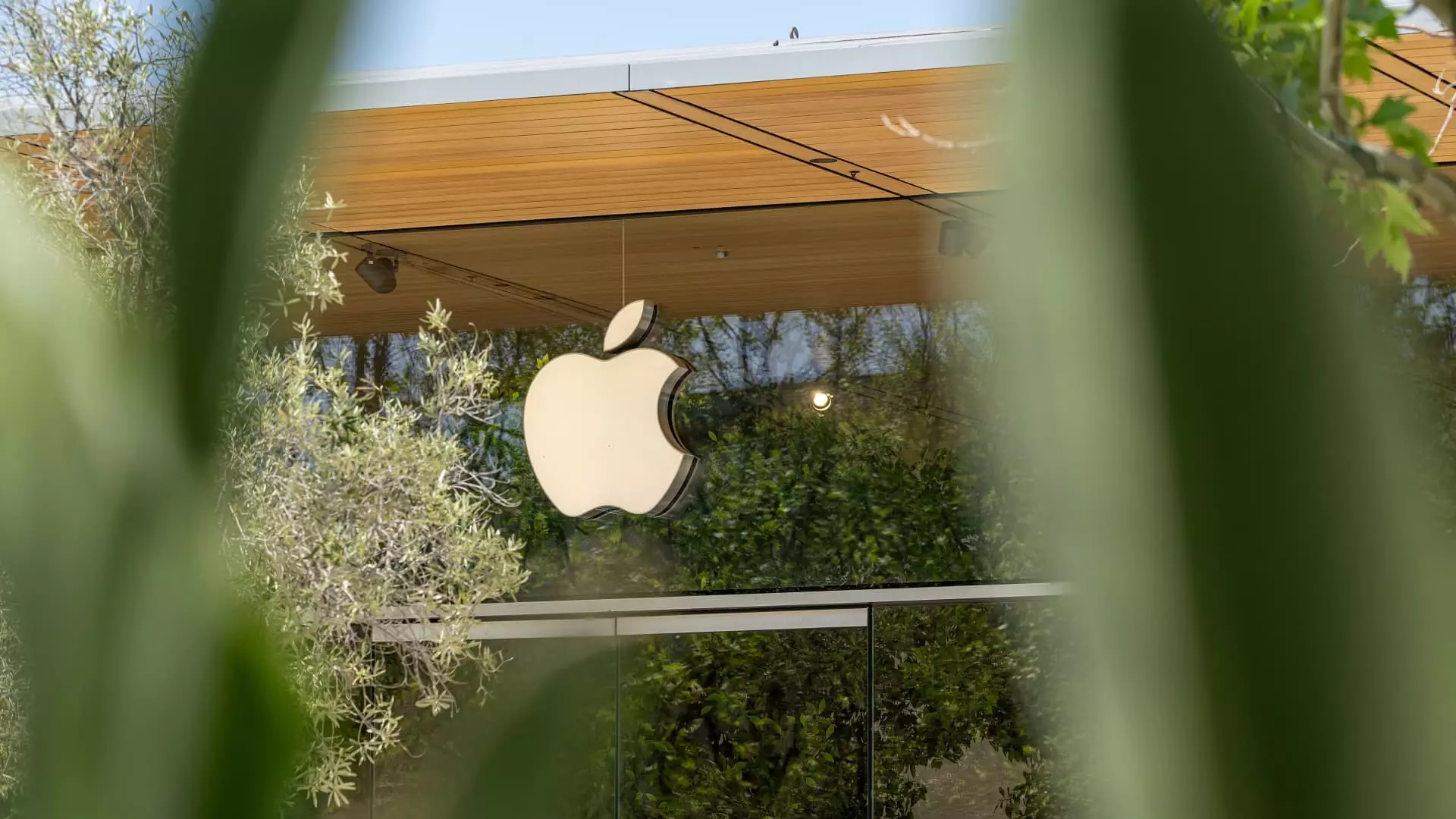Apple Inc. finds itself embroiled in a significant legal battle with Epic Games, as the tech giant seeks to regain its ability to impose commission fees on users who make in-app purchases through external links. This dispute has roots in a prior ruling handed down by U.S. District Judge Yvonne Gonzalez Rogers, which required Apple to make certain concessions regarding its stringent App Store policies. Last month, the judge expanded upon her previous ruling, mandating Apple to cease its commission practices related to purchases facilitated by web links embedded within various applications. This unexpected turn has triggered Apple to file for a stay on the order, raising issues surrounding its operational model and the financial repercussions that could follow.
The Implications of the Ruling
Judge Rogers’ judgement is more than a technical ruling; it represents a potential paradigm shift in how companies like Apple engage with app developers and consumers. Apple has positioned itself as a pillar of the app economy, yet its traditional commission model has come under fire. By forcing Apple to eliminate its commissions on in-app purchases made through linked websites, the court has opened the floodgates for developers like Epic Games, Amazon, and Spotify to innovate and craft new pathways for monetization that bypass Apple’s fiscal grasp. The ruling shines a light on the inherent struggle for power within the digital marketplace, where traditional gatekeepers like Apple are challenged by the very creators who contribute to their ecosystems.
Epic Games: The Underdog with Ambition
Epic Games has long championed a more equitable landscape for app developers, seeking to undermine Apple’s monopoly and advocating for a fairer distribution of revenue. CEO Tim Sweeney’s remarks post-ruling reflect this ambition, asserting that the decision compels Apple to “compete” in a broader marketplace. This perspective exposes an underlying tension between established corporate giants and emerging players whose innovation potential is often stifled by monopolistic practices. The implications of such a ruling suggest that the app economy could soon experience a surge in creativity and competitive pricing, reshaping consumer choices and the overall industry landscape.
Apple’s Response: A Defensive Posture
Apple’s subsequent legal maneuvers, including filing to halt the enforcement of the judge’s order, reveal a company unwilling to concede its established business practices without a fight. In its emergency motion, Apple has argued that the enforced changes could result in substantial financial losses, projecting costs possibly reaching into the billions annually. However, this defense rings hollow when juxtaposed with the audacious claims made by the court regarding Apple’s previous misrepresentation of its intentions and policies. The judge’s referral indicating that Apple misled the court could have severe ramifications not only for the company’s public image but also for its operational strategies moving forward.
The Broader Implications for the Digital Marketplace
This case is not merely about commission fees; it encapsulates a fundamental debate over control, innovation, and consumer choice in the digital landscape. Major players like Apple have thrived in a long-standing monopolistic environment that restricts competition. However, as consumer behavior shifts and opens its arms to alternatives, developers are now empowered to forge direct relationships with their consumers, potentially disrupting the traditional app ecosystem. Such a shift necessitates a reevaluation of how corporate giants govern their digital marketplaces, prompting a much-needed dialogue about innovation, ethics, and the future of app distribution.
Looking Ahead: A Shifting Paradigm
As Apple and Epic Games navigate this complex legal battleground, the ramifications extend beyond their corporate interests. They shape the very fabric of digital commerce and the principles that underpin consumer choice in the modern age. The decisions made in courtrooms today will influence the innovations of tomorrow and determine what the app marketplace looks like in the long run. The desire for reform is palpable, and the outcome of this ongoing struggle may very well illuminate a new path forward for not only app developers but also for consumers who seek diversifying options in how they engage with technology. In this digital revolution, every move counts, and the stakes are higher than ever.

